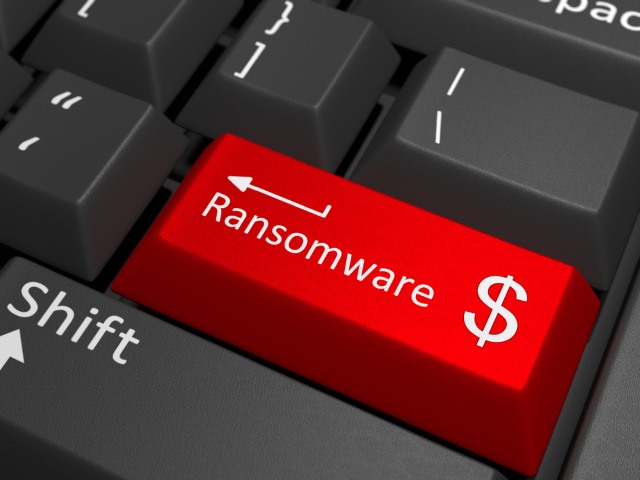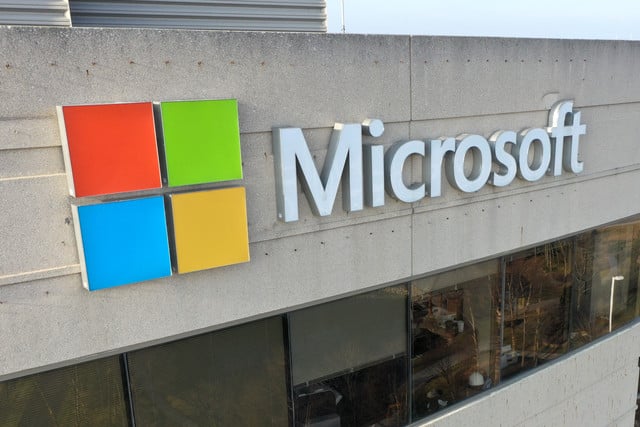
How SMBs are tailoring their cybersecurity programs [Q&A]
The uncertain economic climate has led to many smaller businesses cutting their budgets over the last year. But where cybersecurity spend is concerned this can be a risky move.
We spoke to Geoff Bibby, senior vice president at OpenText Cybersecurity to discuss how SMBs and managed security providers (MSPs) can adapt their security plans while still remaining protected.

Almost half of SMBs have experienced a cybersecurity incident in the last year
A new report from business software company Sage shows that 48 percent of SMBs have experienced a cyber security incident in the past year.
In addition the study of over 2,000 SMB decision makers around the world finds 51 percent say keeping on top of new threats is their biggest challenge and 44 percent say economic uncertainty and the cost of living has reduced cybersecurity budgets.

The state of SMB security
Headlines around the globe are typically focused on the big names and, more importantly, the big numbers when it comes to cyberattacks. From manufacturing to banking, education or healthcare, cyber incidents involving the loss of millions of records, or which have resulted in hefty fines are, inevitably, more likely to capture our attention.
Incidents involving a small firm of accountants whose data has been held to ransom, or a dentist’s practice that has been forced offline because of malware, may not reach the mainstream media but attacks on smaller businesses are happening with alarming regularity.

Smaller means safer as bigger businesses see more endpoint infections
Of businesses with between 21 and 100 protected endpoints, only five percent encountered a malware infection in 2022. For smaller firms with one to 20 endpoints, the rate is 6.4 percent, but as companies grow so do infections.
For businesses between 101 and -500 endpoints the rate rises to 58.7 percent and over 500 it's 85.8 percent. These findings are from a new report by OpenText Cybersecurity which looks at the latest threats and risks to the small and medium business (SMB) and consumer segments.

SMB's security spending is not keeping up with threats
A survey of over 1,200 cybersecurity decision-makers from small and medium-sized businesses in Europe and North America shows 74 percent believe that they are more vulnerable to cyberattacks than enterprises.
The study from ESET also reveals that 70 percent of businesses surveyed admit that their investment in cybersecurity hasn't kept pace with recent changes to their operational models such as hybrid working.

60 percent of SMBs are not confident of fending off a ransomware attack
Smaller businesses are an attractive target for attackers since they often don't have the same security resources as larger organizations.
A new report from OpenText Security Solutions, based on a survey of over 1,300 security and IT professionals at SMBs, reveals 84 percent are concerned about a ransomware attack impacting their business and 60 percent are not confident they can fend off such an attack.

Remote workforces at SMBs are being left unprotected
Cyberattacks and other threats aren't limited to large organizations, indeed SMBs are often targeted as they are seen as having fewer resources to devote IT security defenses, particularly related to remote workers.
A new survey from software company Devolutions bears out this view, with only 18 percent of SMBs checking all the requisite IT security boxes and 13 percent not implementing any essential IT security measures at all.

SMBs hardest hit by ransomware
A new report from cyber risk insurance provider Coalition shows that while overall incidents are down, and ransomware attacks are declining as demands go unpaid, smaller businesses have become bigger targets.
In the first half of 2022, the average cost of a claim for a small business owner increased to $139,000, 58 percent higher than levels during the first half of 2021.

SMBs turn to MSPs to improve cybersecurity
A new survey of over 500 IT decision makers at small and medium businesses, from threat detection and response specialist Vade, shows 69 percent say a serious breach had bypassed their current email security solution.
It's perhaps not surprising then that SMBs are increasingly likely to turn to managed service providers, with 96 percent of organizations either currently outsourcing at least some of their needs to MSPs or planning to do so in the future.

Microsoft's SMB security tool, Microsoft Defender for Business, hits general availability
Microsoft has announced that its security tool for small to medium-sized businesses is now generally available. The standalone version of Microsoft Defender for Business helps to protect against ransomware and other cyber threats bringing, Microsoft says, "enterprise-grade endpoint security to SMBs".
Highlighting the importance of its solution, the company says that nearly a quarter of SMBs have experienced a security breach in the last year, often because they do not have the staff and resources available to enterprises. To help with this and to simplify deployment, Defender for Business comes with built-in policies to get customers up and running quickly.
